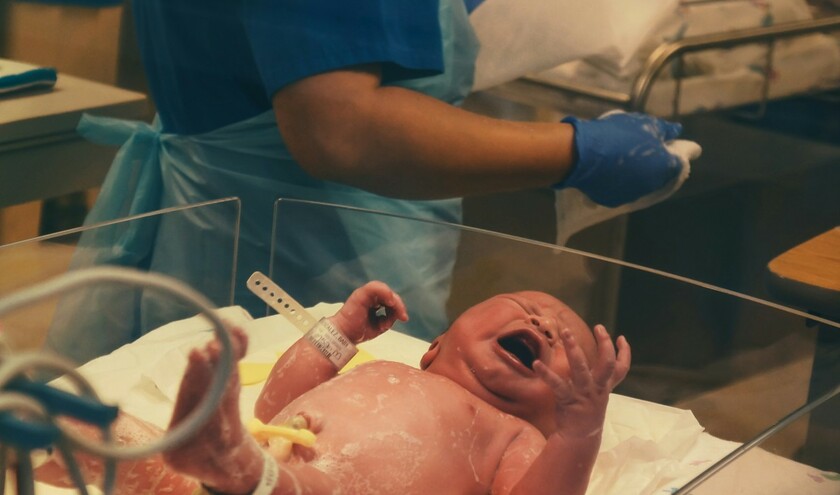The RCM has described the proposals, which would mean midwives being on call for an additional 18 days a year, as ‘unsafe and grossly unfair'. The union said it had no choice but to ballot its members on industrial action having failed to reach a reasonable agreement with the trust following a formal consultation and talks over the past two years.
The plans, which South Tyneside and Sunderland Trust is pushing to implement by 1 September, would impact 125 midwives who are being asked to be on call on a non-working day to cover the maternity unit during times of increased activity.
The RCM said alternative models for on-call arrangements put forward by its representatives have not been considered. The union has offered reassurances to women and their families using local services that their care will not be compromised or impacted by the results of this ballot.
Lynne Galvin, RCM's head for North of England, said: ‘While we recognise the need for maternity services in South Tyneside and Sunderland to have robust escalation plans in place to deal with periods of increased demands on their services, this can't be achieved safely by asking our members to cover on call rota arrangements on their rest days.
‘Many of our members are already working beyond their contracted hours to keep services open and running safely. Understaffing is taking its toll on members' physical and mental health and forcing them to be on call when they should be resting is a step too far.'
The RCM said the proposals lack any consideration for the work-life balance of its members, particularly for those who have families, caring responsibilities and those who may need to arrange additional hours childcare at a cost to them.
Affected members will have received their ballot papers over the past week and have been asked: ‘are you willing to take strike action and are you willing to take action short of a strike'.
The RCM says it is not asking staff to walk out on their normal rostered hours and that the only intended action through a successful ballot will only be for its members to not undertake the on-call arrangements.
In response, Jane Anderson, director of Midwifery at South Tyneside and Sunderland NHS Foundation Trust, said: ‘We have taken a significant amount of time involving our midwives and their union representatives in discussions about these important changes over the past two years.
‘This change is about making sure that we have robust and safe escalation processes in place for those times when our maternity unit is under significant pressure. The implementation of on-call arrangements within maternity services are not unique to us, and escalation processes are in place in most other Trusts across the region and nationwide.
‘We have offered the RCM a number of options as talks have taken place over this two-year period, and are willing to continue the dialogue with the RCM to reach a resolution and to ensure the safe and very best provision of maternity care at all times.'



